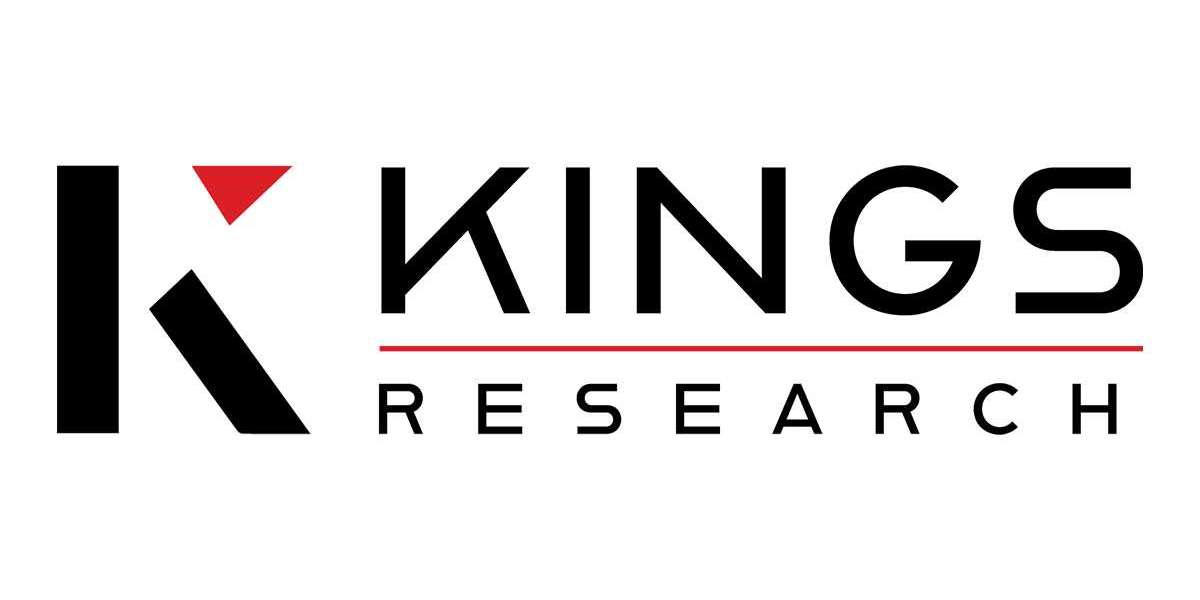Why Law Firms Need to Invest in Cybersecurity Solutions
Introduction
In today’s digital landscape, cybersecurity threats are escalating, and law firms are particularly vulnerable. Due to the sensitive nature of their work, including handling confidential client information and critical legal documents, law firms have become prime targets for cybercriminals. Therefore, investing in robust cybersecurity solutions is not just advisable but essential for safeguarding their practice and client trust.
Cybersecurity Risks for Law Firms
Law firms manage a wealth of sensitive data, from client records to proprietary legal strategies and financial details. This concentration of valuable information makes them attractive targets for various cyber threats, including:
- Phishing Attacks: Fraudulent attempts to acquire sensitive information by disguising as a trustworthy entity.
- Ransomware Attacks: Malware designed to lock or encrypt data until a ransom is paid.
- Malware Attacks: Malicious software that can disrupt operations, steal data, or cause other damage.
- Data Breaches: Unauthorized access to confidential information, leading to potential misuse.
- Insider Threats: Risks posed by individuals within the organization who may intentionally or unintentionally compromise data security.
Consequences of Cybersecurity Breaches
A breach in cybersecurity can have far-reaching and severe consequences for a law firm:
- Loss of Data: Critical information may be lost or corrupted.
- Financial Losses: Costs associated with data recovery, legal fees, and potential fines can be significant.
- Reputational Damage: A breach can undermine client trust and damage the firm’s reputation.
- Legal Liability: Non-compliance with data protection regulations can lead to legal consequences and penalties. The American Bar Association reports that 27% of law firms have experienced such breaches.
Given these potential repercussions, law firms must prioritize cybersecurity to protect their operations and maintain client confidence.
Types of Cybersecurity Solutions for Law Firms
To defend against cyber threats, law firms should implement a range of cybersecurity solutions:
- Email Protection: Safeguards against phishing and other email-based threats.
- VPN Security: Encrypts internet connections to protect data in transit.
- Mobile Device Security: Ensures that mobile devices accessing firm data are secure.
- Malware Detection Solutions: Identifies and neutralizes malicious software.
- Secure File Protection: Implements encryption and access controls for sensitive documents.
- Data Loss Prevention: Monitors and prevents unauthorized data transfers.
- Web Browsing Security Solutions: Protects against malicious websites and online threats.
At iBovi Cybersecurity Solutions, we provide tailored cybersecurity plans specifically designed for Bar Associations, recognizing that law firms have unique security needs.
Benefits of Cybersecurity Solutions for Law Firms
Investing in cybersecurity solutions offers multiple advantages for law firms:
- Protection of Confidential Data: Advanced solutions safeguard sensitive client information from breaches and unauthorized access, mitigating risks of identity theft and fraud.
- Compliance with Regulations: Adhering to data protection laws like GDPR and CCPA is critical. Cybersecurity measures ensure compliance by securing and encrypting data and maintaining regular backups.
- Enhanced Client Trust: Demonstrating a commitment to data protection builds client confidence, fostering loyalty and positive referrals.
- Avoidance of Legal Liability: Proactive cybersecurity measures can help prevent legal issues and reduce the financial impact of potential breaches.
- Improved Reputation: Robust security practices enhance the firm’s reputation as a trustworthy and reliable legal partner, contributing to business growth and client retention.
Best Practices for Implementing Cybersecurity Solutions
To maximize the effectiveness of cybersecurity solutions, law firms should adhere to these best practices:
- Conduct Risk Assessments: Identify potential vulnerabilities and threats within the organization.
- Develop a Cybersecurity Policy: Establish and enforce guidelines for data protection and security.
- Train Employees: Educate staff on recognizing and responding to cybersecurity threats.
- Regularly Update Systems: Ensure that all software and hardware are up-to-date with the latest security patches.
- Perform Cybersecurity Audits: Regularly review and test security measures to identify and address weaknesses.
Conclusion
Law firms must treat cybersecurity as a critical priority to protect their clients, their practice, and their reputation. Implementing comprehensive cybersecurity solutions can mitigate the risks associated with cyber threats and prevent the severe consequences of data breaches.
At iBovi Cybersecurity, we offer specialized solutions for Bar Associations and law firms, including advanced threat detection, secure cloud storage, and compliance management. Our tailored approach ensures that your firm’s data remains protected and compliant with industry regulations. Don’t let cyber threats jeopardize your firm’s integrity and client trust—contact iBovi Cybersecurity today to explore our customized solutions and secure your firm’s future.
FAQs
Q1. What is a cybersecurity breach?
A cybersecurity breach occurs when unauthorized individuals gain access to a computer system or network, potentially compromising sensitive information.
Q2. What is a risk assessment?
A risk assessment involves evaluating an organization’s systems and processes to identify potential vulnerabilities and threats to cybersecurity.
Q3. What is two-factor authentication?
Two-factor authentication is a security measure requiring users to provide two forms of identification before accessing a system, enhancing overall security







